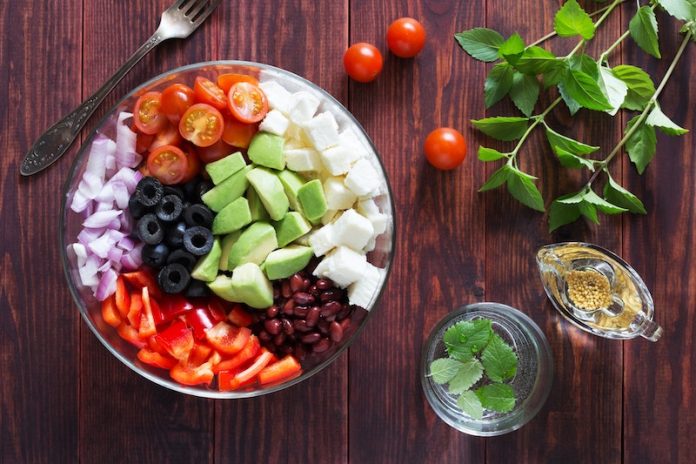
Insulin resistance is a condition where the body becomes less responsive to insulin, resulting in high blood sugar levels and an increased risk of type 2 diabetes and other health issues.
An insulin-resistance diet focuses on improving insulin sensitivity and managing blood sugar levels to prevent complications.
Understanding Insulin Resistance
Insulin resistance occurs when the body’s cells become less responsive to insulin, causing decreased glucose uptake from the bloodstream.
This can lead to high blood sugar levels, organ damage, and an elevated risk of developing type 2 diabetes and heart disease.
Factors like genetics, obesity, physical inactivity, and certain medical conditions can contribute to insulin resistance.
Components of an Insulin-Resistance Diet
An insulin-resistance diet aims to regulate blood sugar levels and improve insulin sensitivity. It emphasizes foods low in carbohydrates and high in fiber, protein, and healthy fats.
Key goals include limiting carbohydrate intake, increasing fiber consumption, incorporating healthy fats, and focusing on lean protein sources.
Recommended Foods
- Non-starchy vegetables: Broccoli, spinach, kale, and cauliflower are low in carbs and rich in fiber.
- Berries: Low in carbs and high in fiber and antioxidants, berries are an excellent choice.
- Nuts and seeds: These provide healthy fats, protein, and low carbs.
- Lean protein: Chicken, turkey, fish, and eggs are high in protein and low in carbs.
- Whole grains: Brown rice, quinoa, and oats are high in fiber and beneficial for blood sugar control.
Foods to Avoid
- Refined carbohydrates: White bread, pasta, and sugary snacks cause spikes in blood sugar levels.
- Sugary drinks: Soda and fruit juice contain high sugar levels.
- High-fat meats: Bacon, sausage, and processed meats contribute to insulin resistance.
- Fried foods: They are high in fat and calories, leading to weight gain and insulin resistance.
- Saturated and trans fats: Butter, cream, and margarine can increase insulin resistance and heart disease risk.
In addition to dietary changes, it’s vital to focus on other lifestyle factors. Regular exercise, sufficient sleep, and stress management play key roles in maintaining overall health and preventing insulin resistance and related conditions.
Collaborating with healthcare professionals or registered dietitians can help develop personalized plans aligned with individual needs and goals.
Adopting an insulin-resistance diet can bring numerous health benefits, including weight loss, improved blood sugar control, and reduced risk of chronic diseases.
By prioritizing whole, unprocessed foods and avoiding sugar, refined carbohydrates, and processed foods, you can enhance insulin sensitivity and support your body’s metabolic processes.
Combining dietary changes with regular exercise, adequate sleep, and stress management is essential for optimal health. Embrace gradual, sustainable modifications and celebrate your progress toward better health.
If you care about diabetes, please read studies that pomace olive oil could help lower blood cholesterol, and honey could help control blood sugar.
For more information about diabetes, please see recent studies about Vitamin D that may reduce dangerous complications in diabetes and results showing plant-based protein foods may help reverse type 2 diabetes.
Follow us on Twitter for more articles about this topic.
Copyright © 2023 Scientific Diet. All rights reserved.





